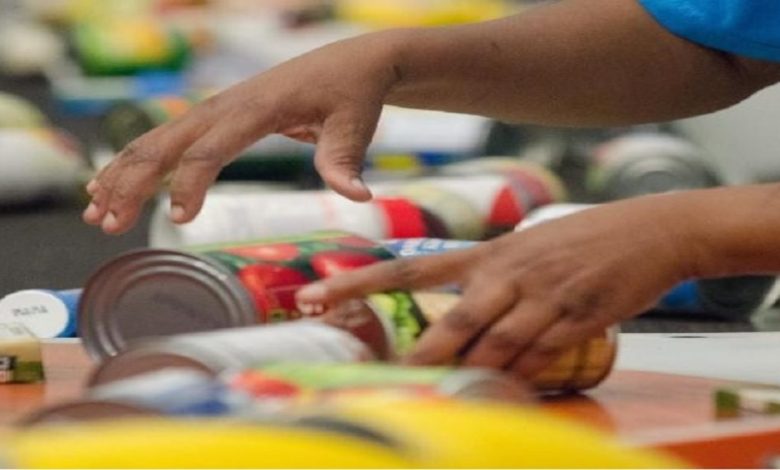Federal Judge Orders SNAP Food Assistance to Continue During U.S. Government Shutdown
A landmark ruling forces the administration to keep paying food stamp benefits, protecting millions of vulnerable Americans from hunger during the shutdown.

A federal court has issued a landmark ruling requiring the continuation of payments under the Supplemental Nutrition Assistance Program (SNAP) — known as food stamps — despite the ongoing federal government shutdown. The decision comes in direct response to a lawsuit filed by New York State and several others, ensuring that millions of vulnerable Americans continue to receive essential food aid.
In a pivotal ruling, the judge ordered the administration to disburse next month’s SNAP benefits, even as the shutdown persists. The case was led by New York Attorney General Letitia James, joined by 24 other states and the District of Columbia. The court’s order explicitly directs the administration to use emergency funds and other available financial resources to cover these critical benefits.
This judicial intervention goes beyond the administration’s earlier position that it could not issue SNAP payments starting November 1 due to the shutdown, citing a lack of legal authority to access emergency funds for that purpose.
Attorney General Letitia James hailed the ruling as a major victory, emphasizing SNAP’s indispensable role for countless families nationwide.
“Millions of families rely on SNAP to put food on the table,” James said. “The administration tried to use the shutdown as an excuse to withhold vital food aid from our most vulnerable citizens. The court has made it clear that the law requires these benefits to continue. The federal government cannot abandon its basic duty to feed the people it serves. We will continue fighting to ensure every family in New York and across the country maintains access to food.”
While approximately $6 billion in emergency funds may not be enough to cover a full month of benefits for all 42 million Americans who depend on SNAP, U.S. District Judge Indira Talwani suggested that the administration could draw from additional discretionary funds to prevent any reduction in aid. This flexibility aims to ensure uninterrupted payments for all beneficiaries.
However, uncertainty remains about how quickly and efficiently the funds will reach recipients, raising concerns about potential delays in disbursement. SNAP payments are typically distributed in phases throughout the month, depending on household schedules. Judge Talwani gave the administration until Monday to clarify its plan — whether it will rely solely on emergency funds, which might result in reduced benefits, or access additional money to maintain full SNAP payments.

A separate federal judge in Rhode Island issued a similar ruling, reinforcing the growing judicial consensus on the issue.
The uncertainty caused by these disruptions is already straining community resources. Kanchana Sojo, a senior leader at United Way of New York City, highlighted the ongoing challenges:
“Many families continue to face uncertainty in the days ahead,” Sojo said. “Regardless of when SNAP benefits resume, these disruptions are already placing tremendous pressure on countless families, and our food banks must work tirelessly to feed as many people as possible.”
Approximately 3 million New Yorkers and 800,000 New Jersey residents rely on SNAP, with monthly payments loaded onto EBT cards at different times each month — meaning any prolonged delay could impact an increasing number of households.
State leaders also expressed strong support for the court’s intervention. Governor Kathy Hochul said:
“No state should ever have to sue its own federal government to ensure families can put food on the table. But when decision-makers in Washington failed to act, New York took legal action to mitigate this escalating crisis.”
Hochul urged the administration to “immediately release the funds and support our collective efforts to keep New Yorkers fed during this shutdown.”
Ultimately, the court’s ruling provides a crucial safety net for millions of Americans facing hardship due to federal inaction.



